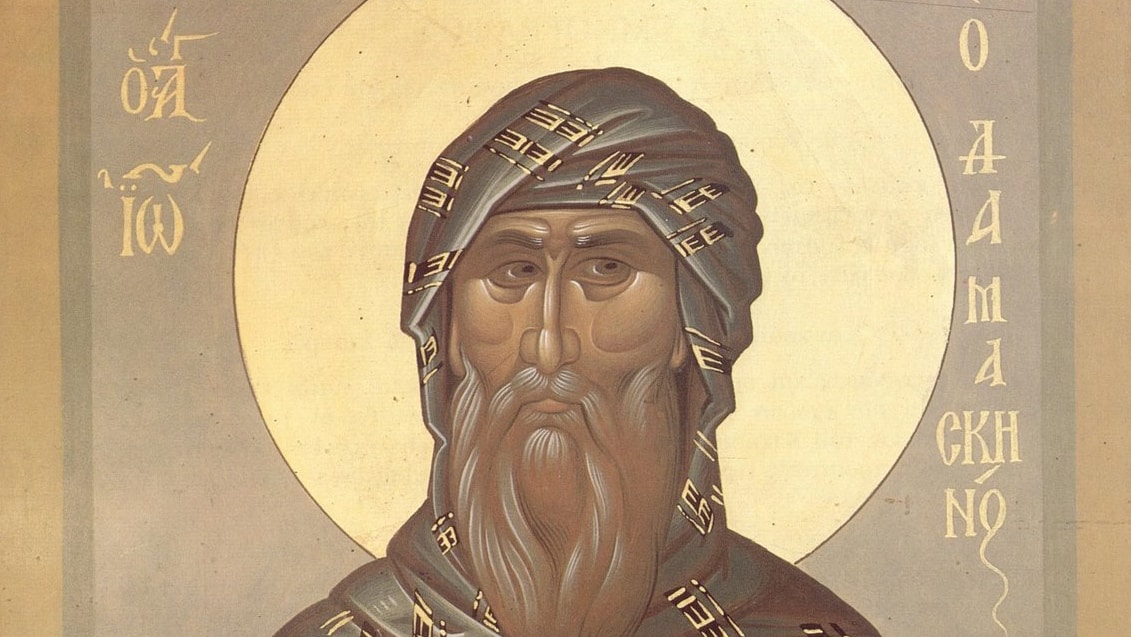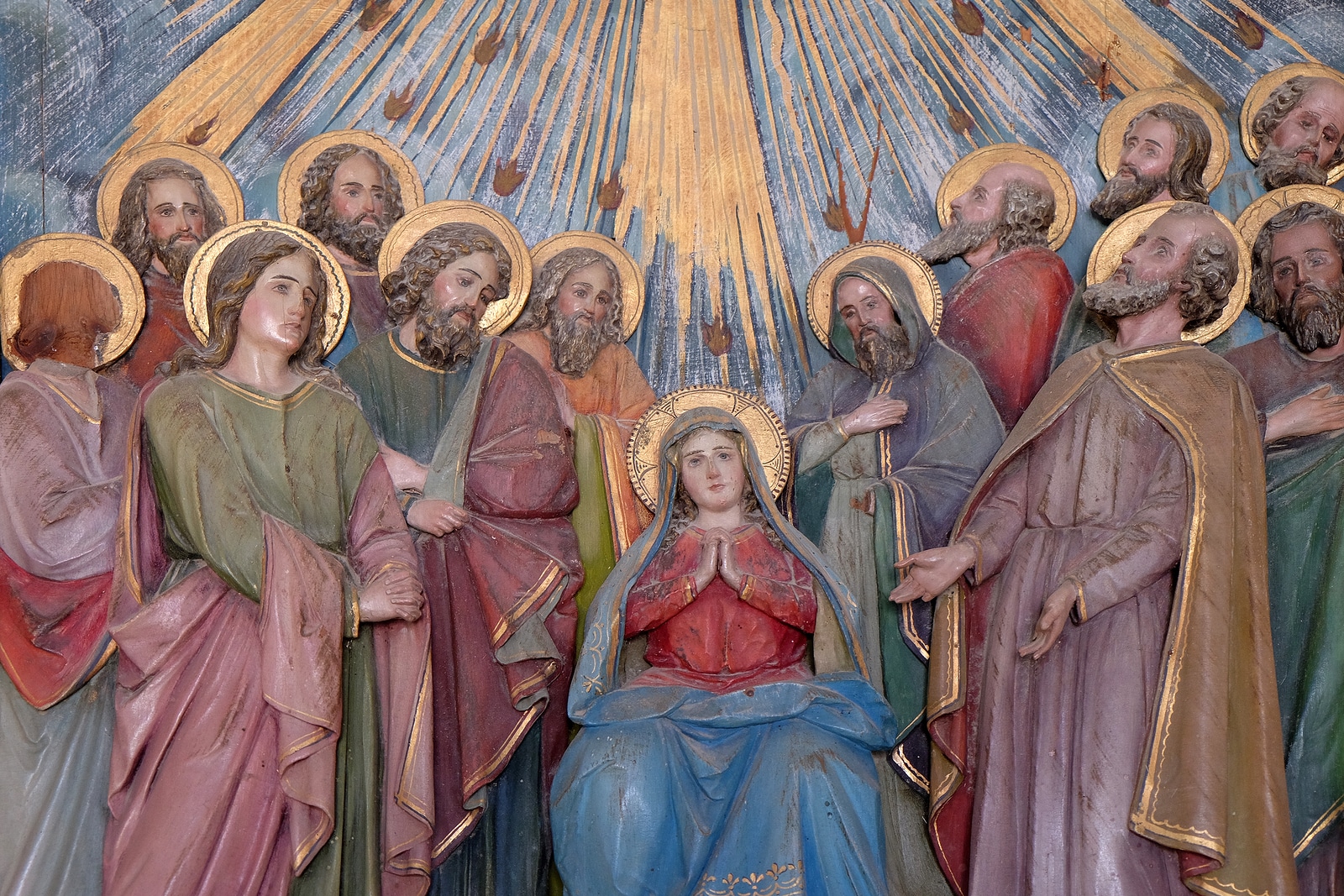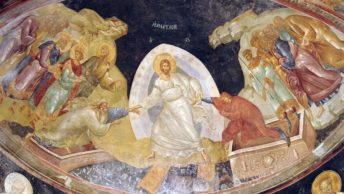Recently, I watched a very interesting documentary on You Tube entitled, The Icon: A Seven Part Documentary. In doing so, I began to wonder if we, who are baptized, are, in effect, iconic. In other words, can we, as Christians, truly say that our Christian identity is an iconic one? And, if the answer is in the affirmative, what would be the consequences for such a claim?
What is an icon? The word icon comes from the Greek word εἰκών ( transliterated in the Latin alphabet as eikōn). It means “image” or “resemblance.” Since the early centuries of Christianity, the word “icon” has normally referred to images that are impregnated with religious content, meaning and use.
In order for me to understant better what an icon is and what it represents I found it helpful to resort to what St. John Damascene, (Ἰωάννης ὁ Δαμασκηνός, Ioánnis o Damaskinós) “the golden speaker” Syrian monk and priest (675/676-649), had to say about the purpose of the holy icons. This eminent Father of the Church gives an excellent defense regarding the icons’ functions and purposes which they serve in the Christian’s spiritual life.
Thus, for John Damascene, icons are, first of all, means of honouring God, His Saints and Holy Angels. Secondly, icons are instruments that impart foundational Christian truths that are taught by the Church. Thirdly, icons constantly remind you and me of the Church’s teaching. Fourthly, icons have the power to elevate us to the prototypes, namely to the Holy figures that they try to represent and make us enter into communion with them through a higher level of thought and feeling. Fifthly, icons propagate virtue and help us flee from sin by awakening in us the passion to imitate the holy figures they magnificently represent. Sixthly, icons are useful means for our sanctification. Seventh, icons increase and intensify the beauty of our churches.
Through an icon God, His Saints and Angels are glorified. But, you and me, who are created in the image of God, are also an icon since we were created in the image of Christ, whom the letter to the Colossians justly hails as the image of the invisible God, the first-born of all creation (Col 3:15). Thanks to Christ’ redemptive acts, we have been redeemed from the image of the man of dust and been given once again the image of the man of heaven (1 Cor 15:49).
Mindful of this important mission and since we have put on Christ (Gal 3:27) by the sacrament of baptism, Saint Paul rightly urges us to glorify God in your body (1 Cor 6:20). For Paul, in 1 Corinthians 6, notes that the Christian glorifies God through his and her body by trying to resolve their internal disputes as brothers and sisters of the faith would do with one another rather than resorting to lawsuits when they are grieved. In Paul’s view, glorifying God by one’s body means refraining from any kind of immorality, idolatry, adultery, sexual perversions, robbery, greediness, drunkenness and revilement (see 1 Cor 6:9-10).
Moreover, within the same letter where he talks about Christ as the image of the invisible God (Col 1:15), Saint Paul gives the key attitudes of how we can imitate Christ, our prototype:
Put on then, as God’s chosen ones, holy and beloved, compassion, kindness, lowliness, meekness, and patience, forbearing one another and, if one has a complaint against another, forgiving each other; as the Lord has forgiven you, so you also must forgive. And above all these put on love, which binds everything together in perfect harmony. And let the peace of Christ rule in your hearts, to which indeed you were called in the one body. And be thankful. Let the word of Christ dwell in you richly, teach and admonish one another in all wisdom, and sing psalms and hymns and spiritual songs with thankfulness in your hearts to God. And whatever you do, in word or deed, do everything in the name of the Lord Jesus, giving thanks to God the Father through him (Col 3:12-17).
In this sense, when we are living out our Christian vocation we are truly being iconic. This is so since we too are honouring God with our lives. Having said that, when we are living out the Gospel, the Christian foundational truths in our lives are easily spelled out by our example. As such, the readability of our witness becomes so easy to relate to. And, when our life testimony is existentially credible, those around us are reminded, through us, of how the Church’s teaching on the Word of God is sound. When we bear witness to Christ by our lives, the Holy Spirit lifts us up to Him and interiorizes us, more and more, into the heavenly reality. So, by embarking on a spiritual journey of holiness, we gradually start to reason and feel how God reasons and feels about what is happening in our world and the Church.
By living according to our Prototype, Christ, we start communicating to others His virtues as well as seriously engage in His relentless war against sin. Christ’s holy example becomes so enshrined in our soul because we live what we verbally profess. And further, those who meet us start to comment (about us) as one pilgrim did after having met St. John Mary Vianney, the holy Curé of Ars: “I have seen God in a man.” When we authentically live out what we say that we believe in, we are promulgating the beauty of holiness that dwells in the Church to be spread all over the world.
As Christians, we are iconic. Do we realize that by letting the Holy Spirit change our way of reasoning, feeling and acting, we can, in fact, become a powerful instrument of evangelization for our world and Church, too?






